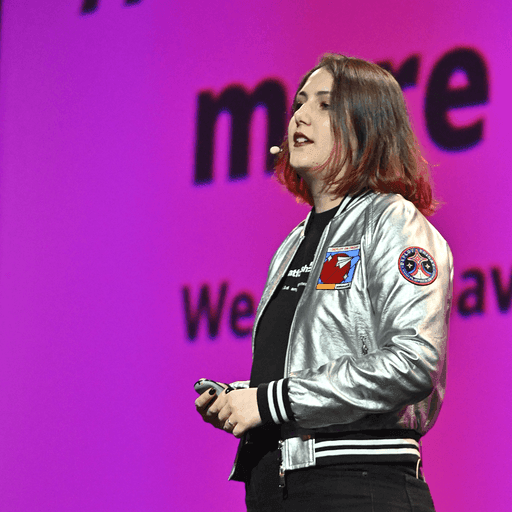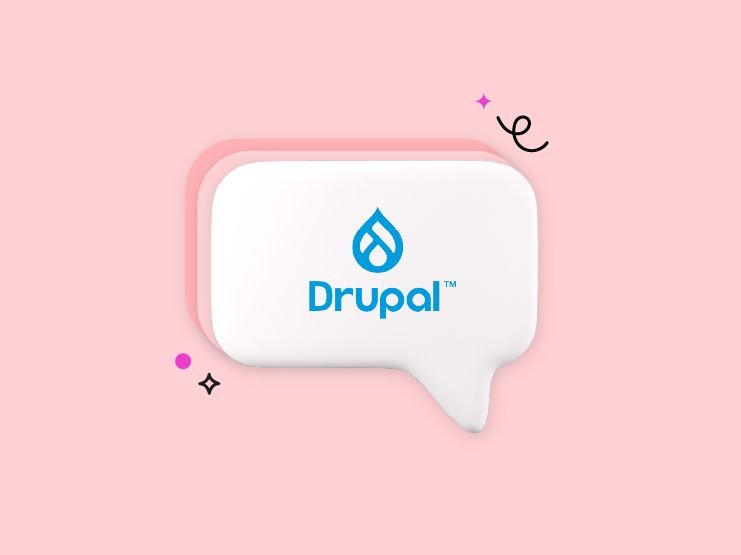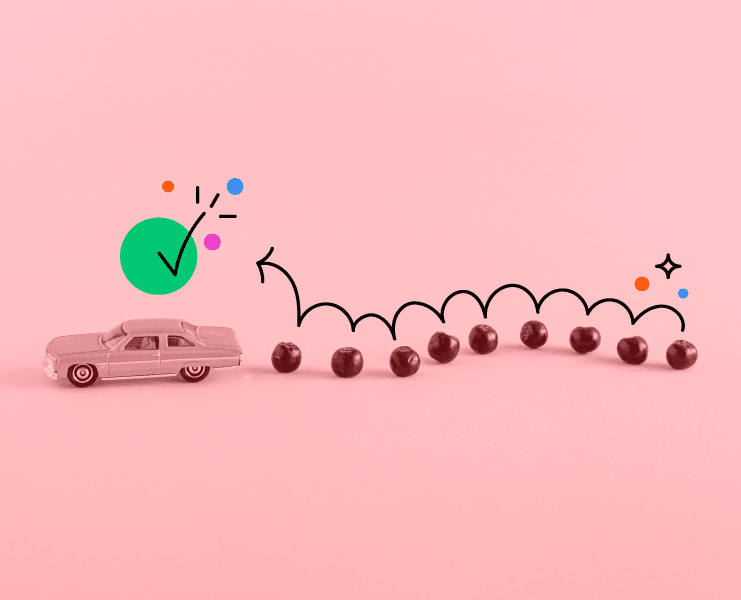The time has come for Drupal 7 which will officially sunset on January 5, 2025.
But what does that mean for Drupal 7 users?
One of the biggest news from DrupalCon Pittsburgh last year was the final end-of-life (EOL) date for Drupal 7. After months of speculation, the security team took the opportunity to reveal the updated deadline at the biggest Drupal event of the year.
As announced, there will be no extensions this time and with now only 6 months to go until the migration from Drupal 7, it is high time for developers to test out the options available to them.
Adapting to Drupal 7 end-of-life and expanding tooling options
Better not to wait until the last minute! Once we reach end-of-life, Drupal.org will remove a lot of services including the testing infrastructure or the XML feeds for packaging, which in turn might break drush commands (the full list can be found in the Public Service Announcement)
However, by then, many third-parties libraries and dependencies might already be deprecated anyway–after all, no piece of software can be maintained forever! And with 14 years of support, Drupal 7 has certainly put in the work.
That’s a testament to the amount of work and dedication that this community is able to provide and a sign of how loved this version of Drupal has been. Kudos to you Drupalistas of the world!
As a matter of fact, the community along with the Drupal infrastructure team have really shown up by improving the tooling to facilitate migrations: GitlabCI, test suites, the Rector module for automatic patches, the Upgrade Status module, the Site Audit module, and more. Plus, with Drupal 11 freshly released last week, and the Starshot initiative announced for the end of the year, you have plenty of exciting Drupal options at your disposal!
Indeed, new resources have emerged from the community to help with project upgrades, including Matt Glaman’s Retrofit module, allowing you to run your Drupal 7 code on a Drupal 10 site. Find out more about this original approach in the DIY migration documentation pages. You will also find a free “31 days of Drupal migrations” course by Mauricio Dinarte to help you upgrade safely and efficiently.
Note that you can also choose to stay on Drupal 7 and opt for the Extended Security Support Program through one of the Drupal Association’s vetted commercial partners, or go for Backdrop CMS, a modernized Drupal 7 fork.
What does this mean for my Drupal 7 projects on Platform.sh?
Now you might be wondering what this new EOL means for your Drupal 7 projects hosted with Platform.sh? First of all, the security of your application and data is paramount to us, so we will always encourage you to apply the security updates and migrate before the end of support.
That being said, for now, it doesn’t change much for your hosting. Especially since we now support older versions of PHP for free via our Freexian subscription so you can safely take the time to test your app while you upgrade your PHP version to maintain compatibility with Drupal 7. And when you are ready to migrate, you can jump directly to the latest supported version of PHP.
Take action, stay informed! Talks on D7 migration and EOL impact
If you’d like to know more about the big changes between D7 and D8 and onwards, take a look at this talk Platform.sh Developer Relations Engineer and author of this article, Marine Gandy, gave at the PHP UK Conference earlier in 2023: ‘Bye bye drupalisms! Propelling Drupal into a modern PHP ecosystem‘.
To dig deeper and understand the implications of D7 EOL, our partner Chromatic has dedicated an entire podcast to answering the key questions right here: https://chromatichq.com/drupal-7-end-of-life-podcast/
Finally, here is a handy guide on how to safely upgrade your PHP version, by our very own Paul Gilzow:
https://community.platform.sh/t/migrating-php-7-4-code-to-8-1-on-platform-sh/1156
 Switching to Platform.sh can help IT/DevOps organizations drive 219% ROI
Switching to Platform.sh can help IT/DevOps organizations drive 219% ROI Organizations, the ultimate way to manage your users and projects
Organizations, the ultimate way to manage your users and projects





